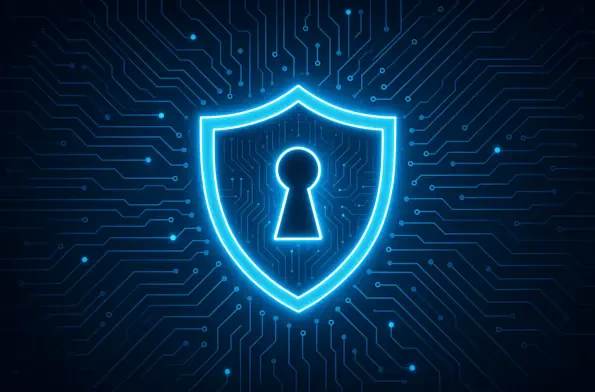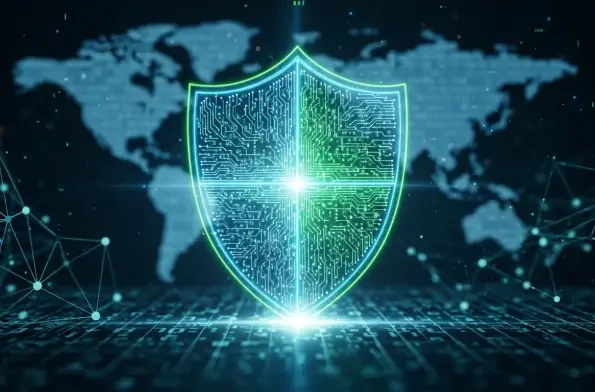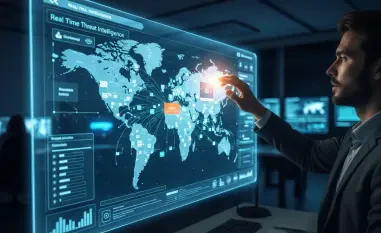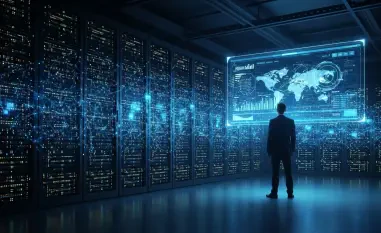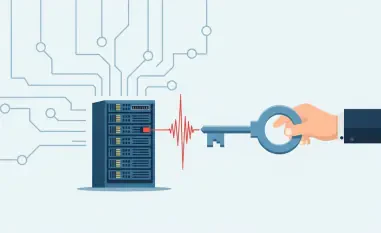Cyber Defense Strategies
In the rapidly evolving world of cybersecurity, Malik Haidar stands as a seasoned expert navigating the threats that haunt modern corporations. Renowned for his adept integration of business acumen into cybersecurity strategies, Malik engages in a conversation about the emerging threats and

In today's digital age, identity theft is an escalating concern that goes beyond traditional cybersecurity threats. Malik Haidar, a distinguished cybersecurity expert, delves into the multifaceted nature of identity theft, emphasizing its roots in data misuse rather than mere digital breaches.
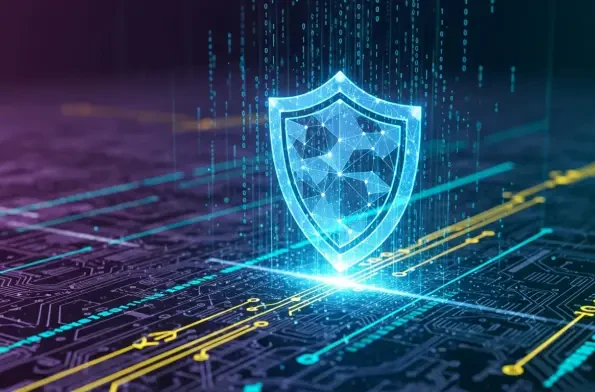
In a rapidly transforming digital landscape, businesses are increasingly dependent on Software as a Service (SaaS) solutions, yet their confidence in SaaS security contrasts starkly with the alarming rate of breaches. A recent study highlights a disturbing trend: despite 91% of organizations
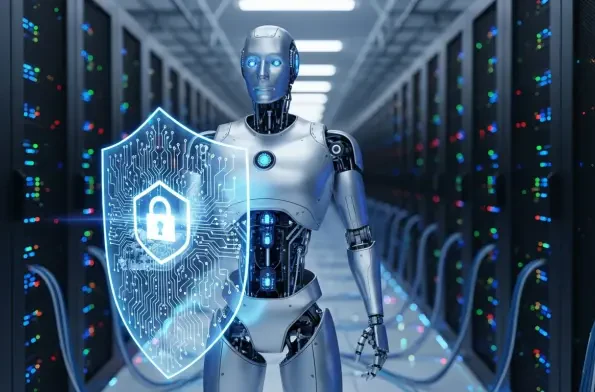
Amidst a rapidly evolving digital landscape, the growing prevalence of software vulnerabilities poses a significant challenge. How can users adequately safeguard their data against these hidden threats? Zero-day exploits, including surprisingly frequent ones in widely utilized software like
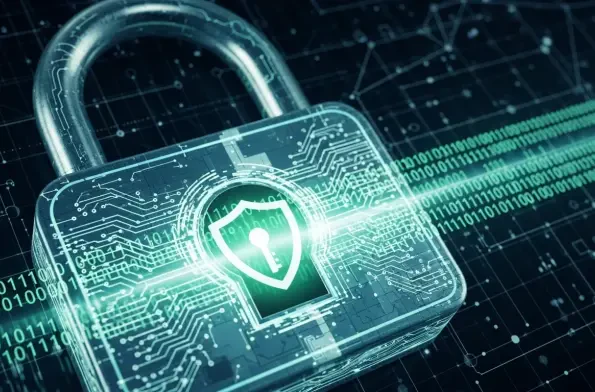
A headline-making cyberattack recently targeted NS Solutions, a prominent IT services subsidiary under Nippon Steel, spotlighting vulnerabilities within complex corporate networks. Zero-day vulnerabilities—unknown software deficiencies exploited before the vendor can issue a fix—are particularly dau
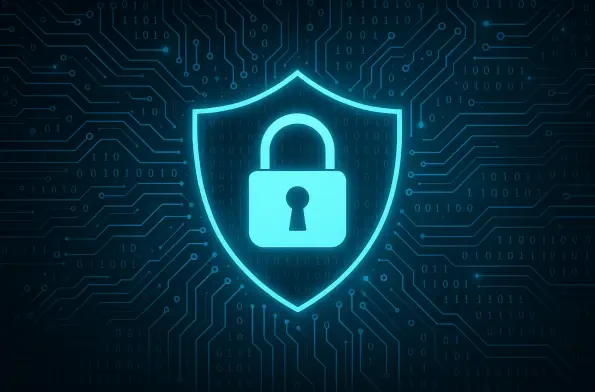
In today's interview, we're diving into the world of cyber threats with Malik Haidar, a renowned cybersecurity expert known for his comprehensive strategies in defending against high-tech threats. Malik's unique approach integrates analytical skills with a deep understanding of
